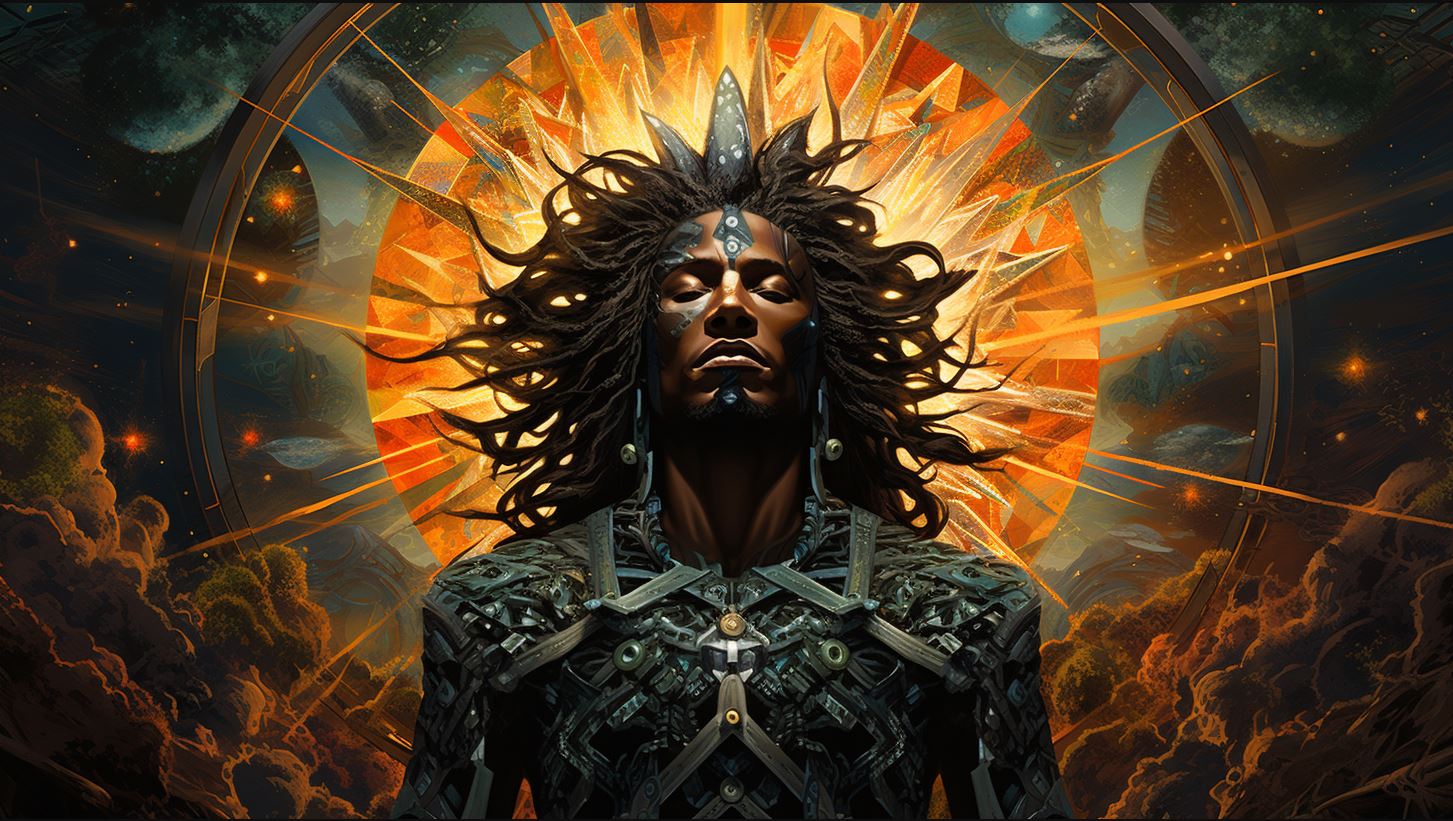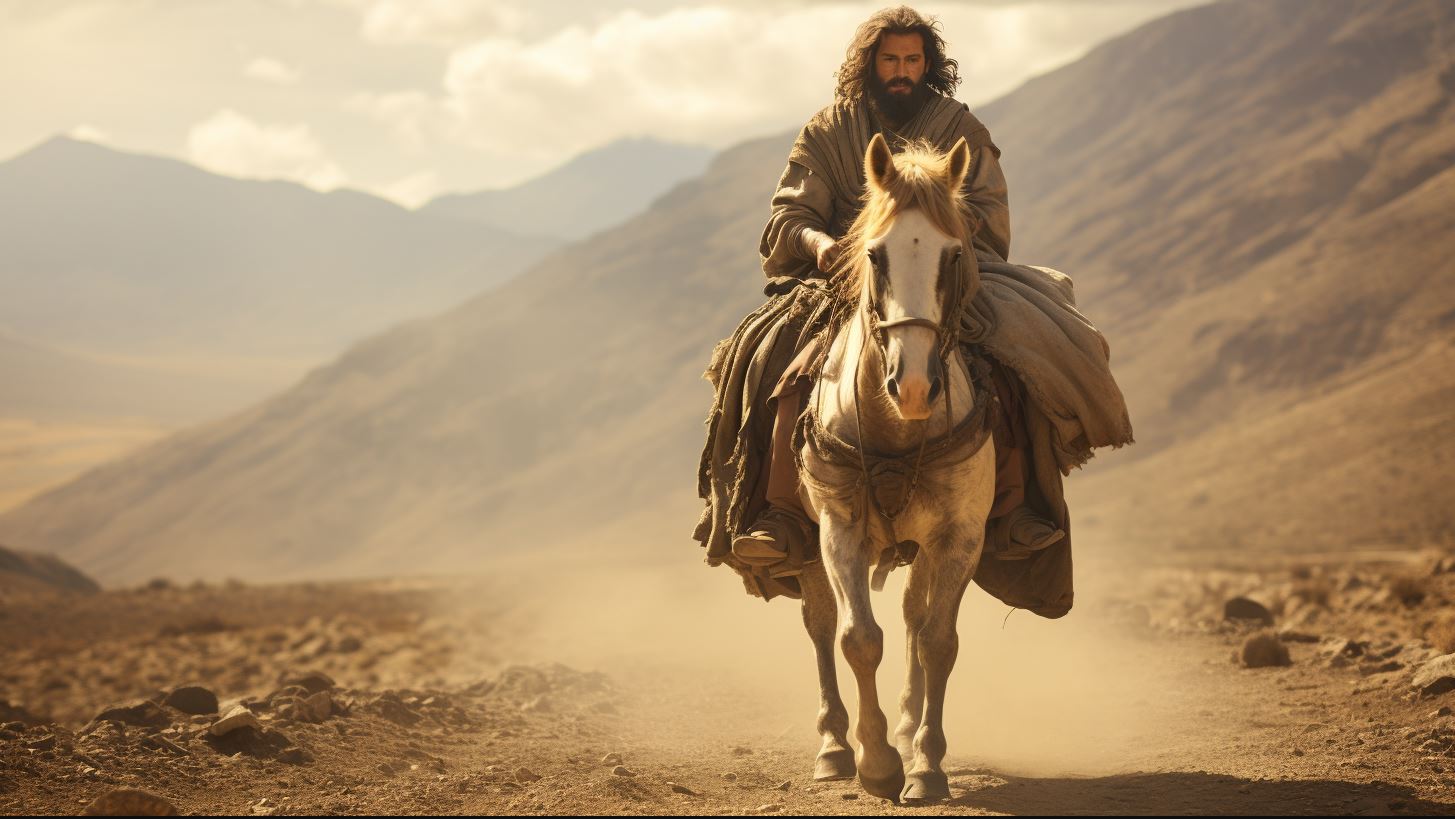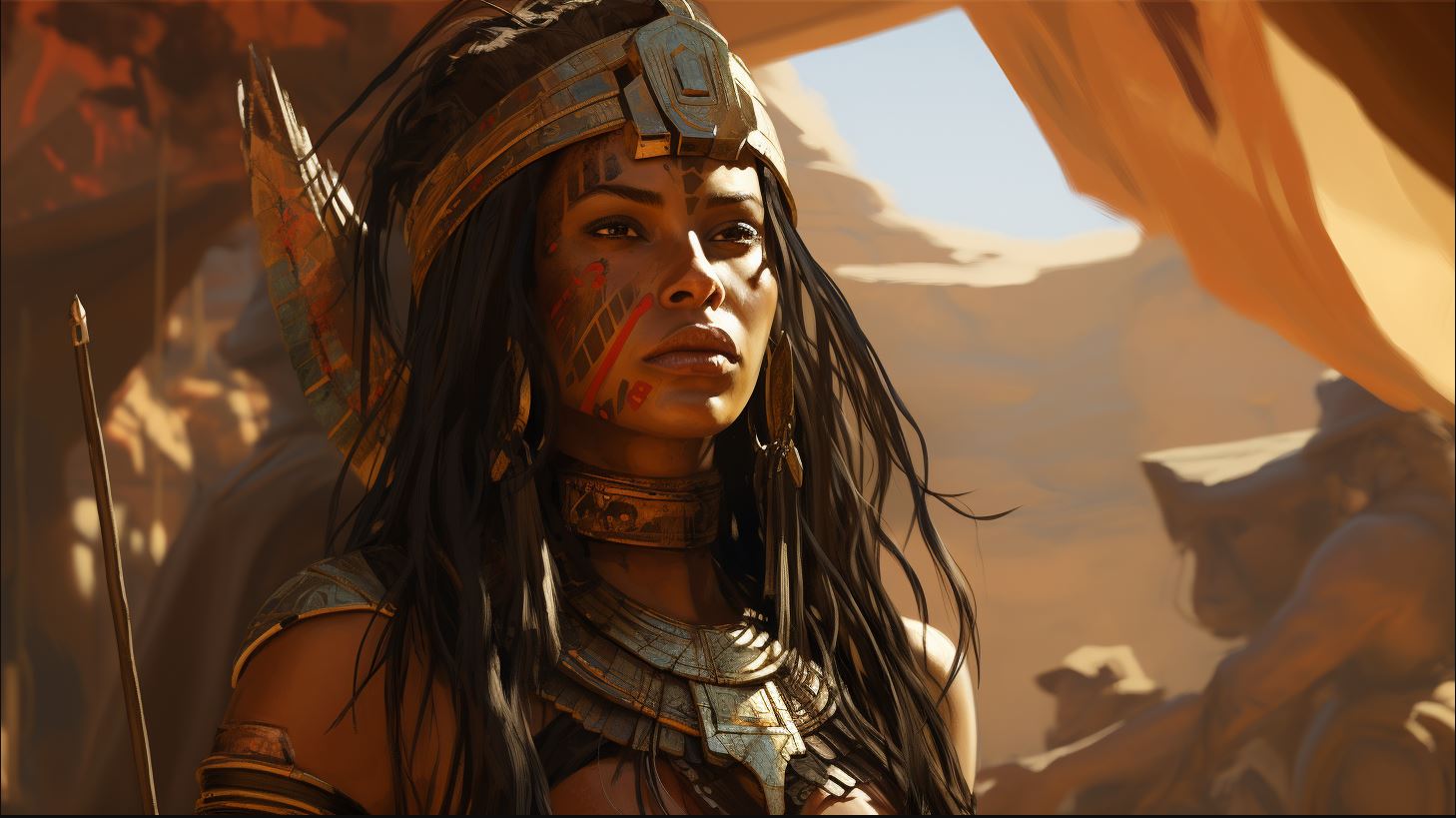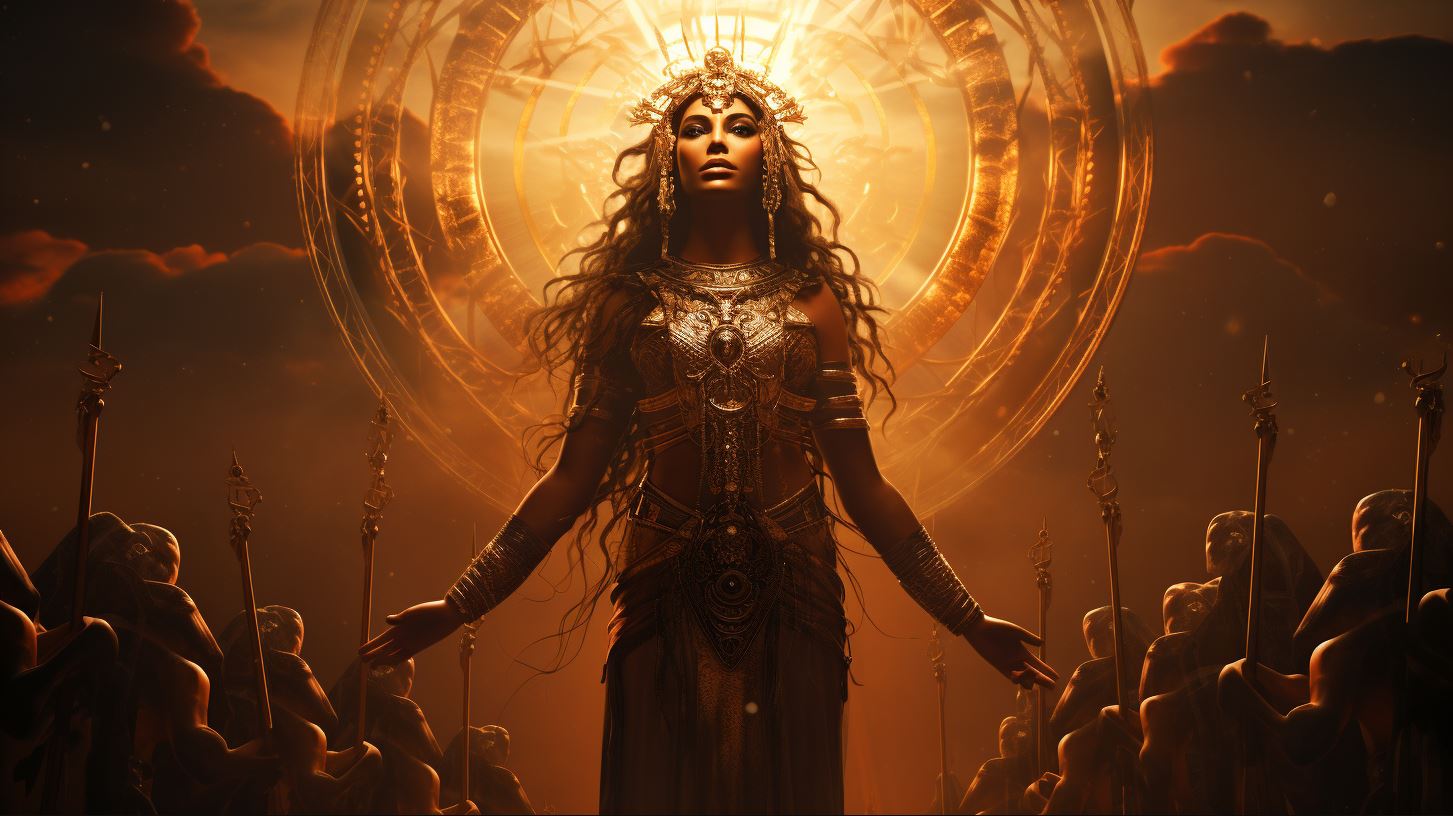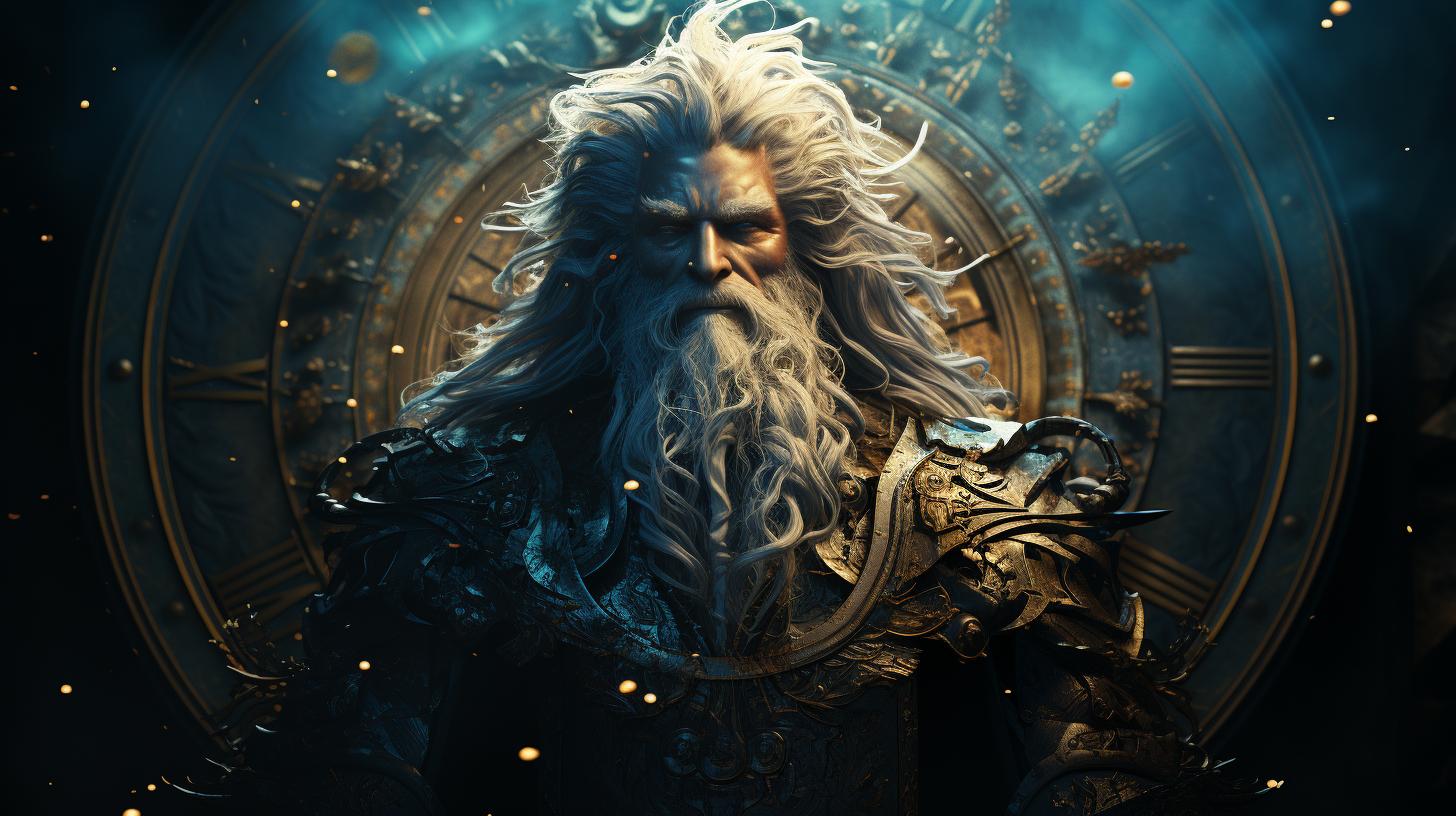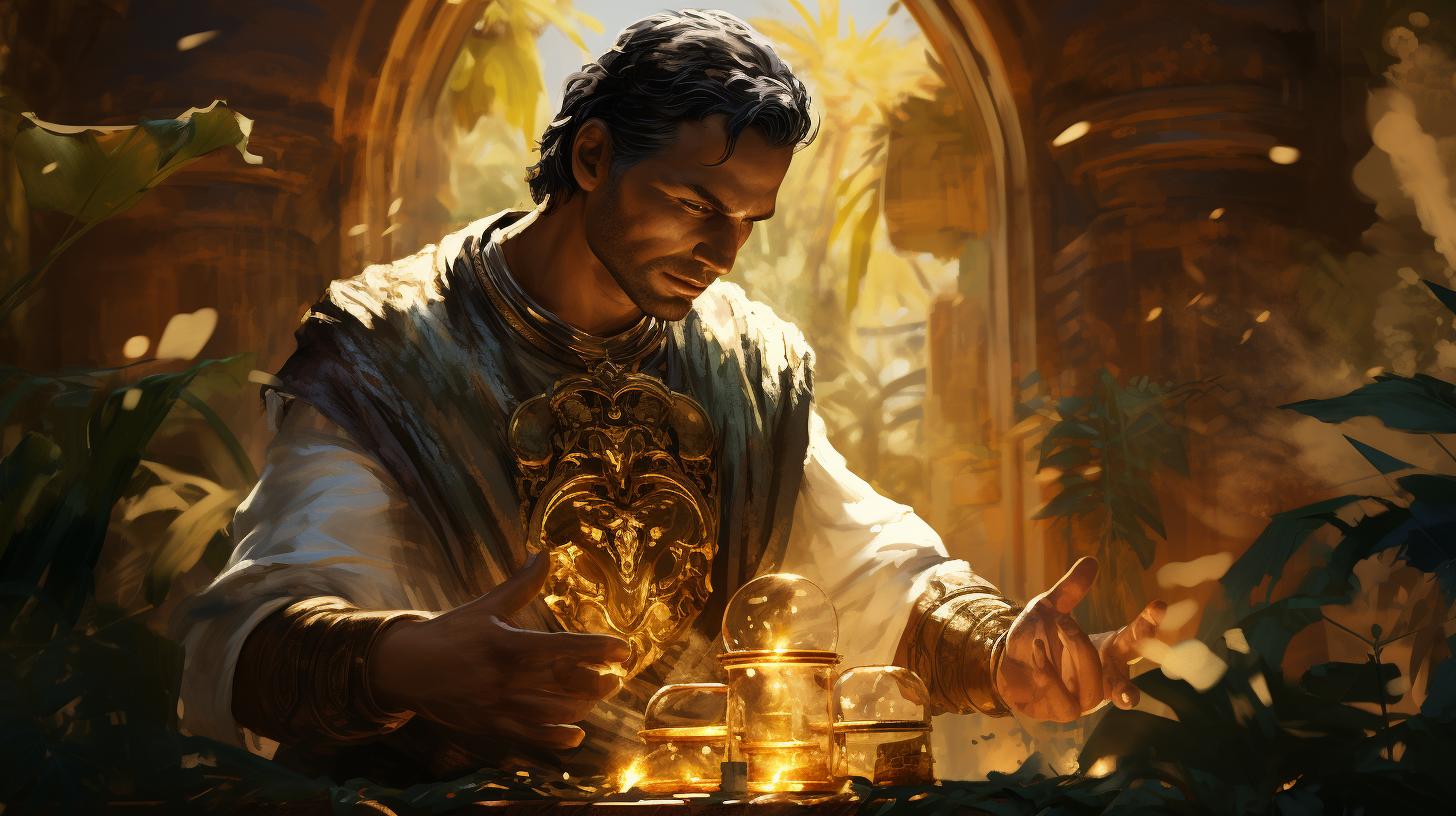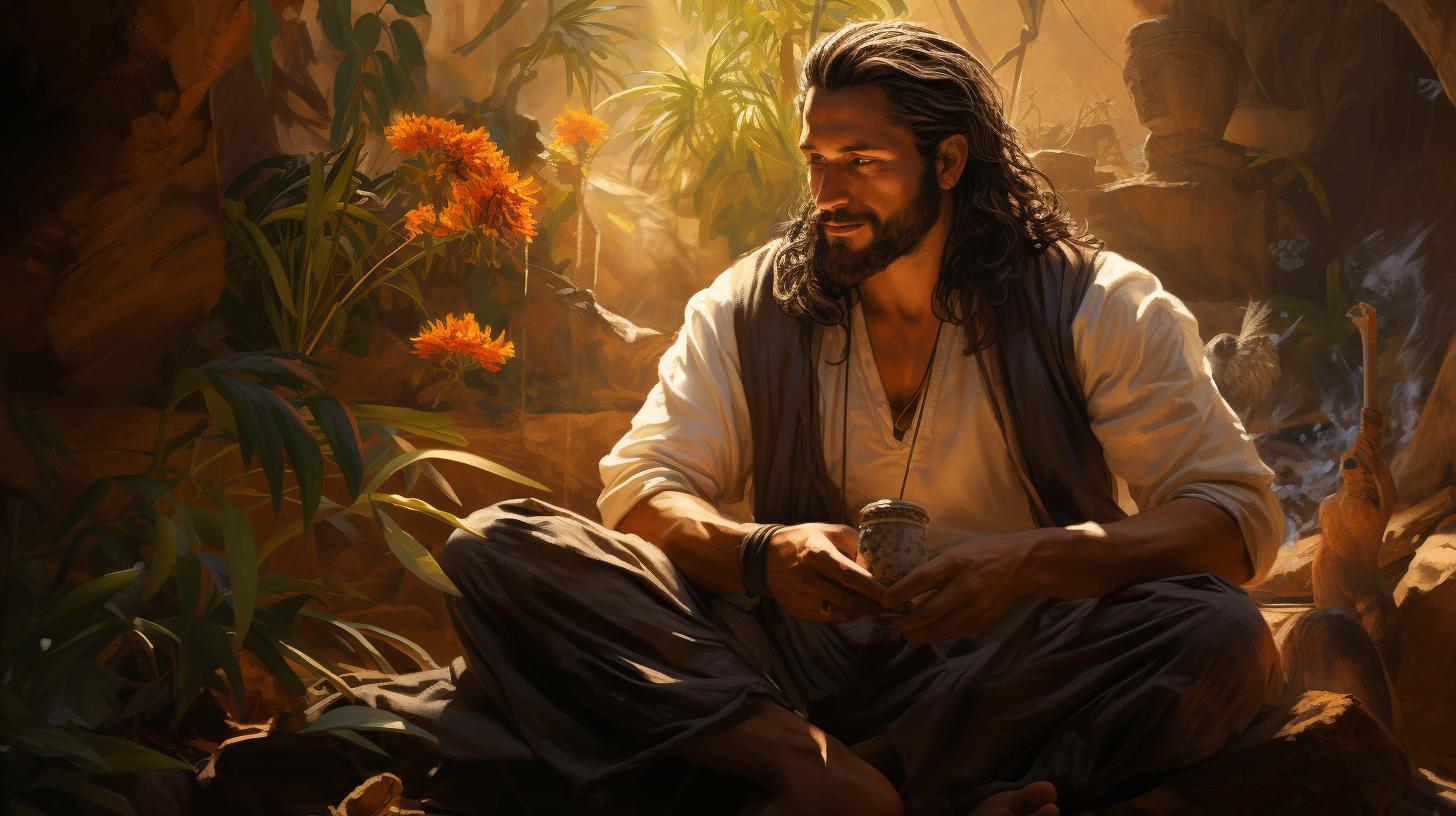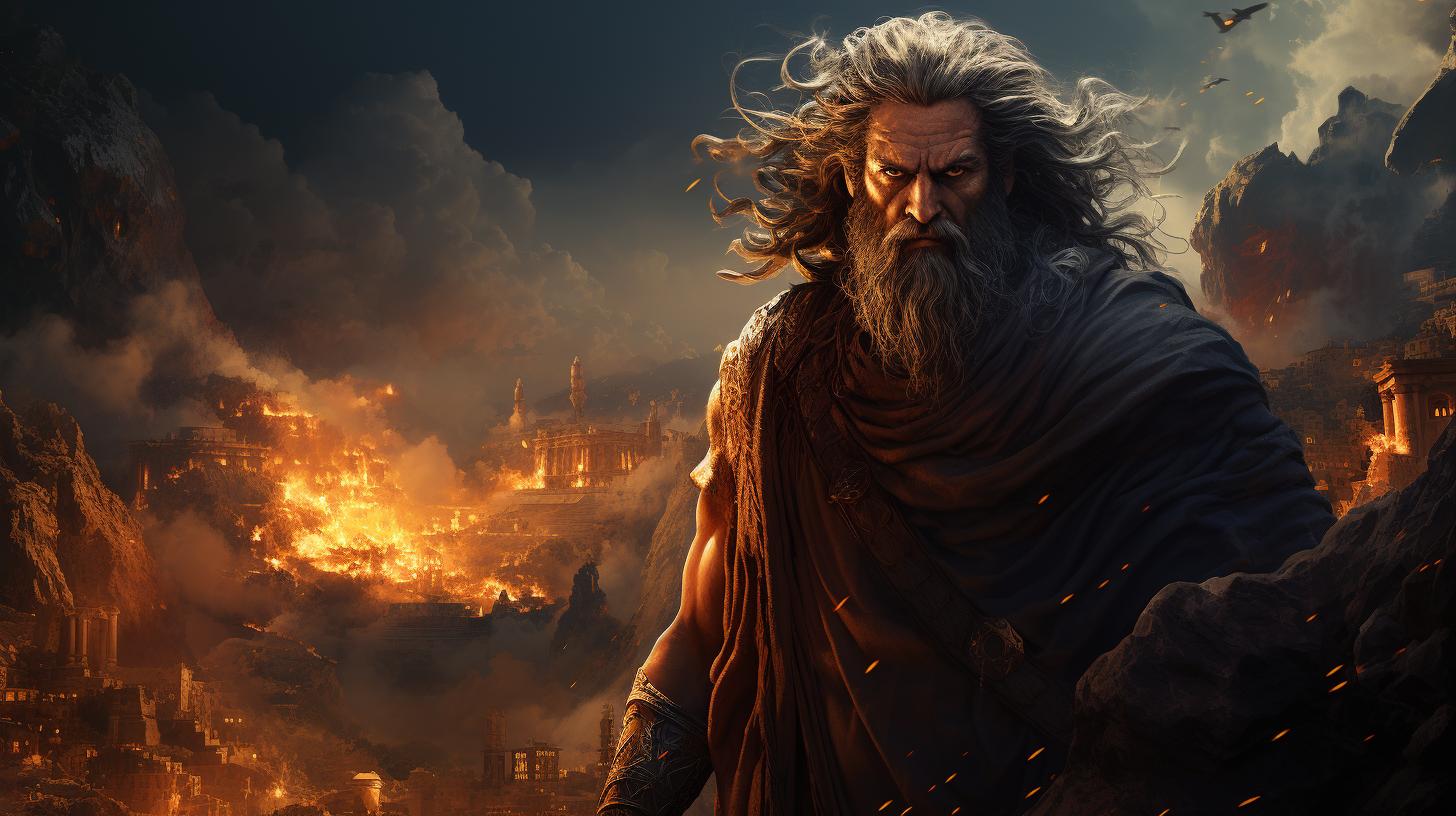Azizos God: Exploring the Ancient Arab and Palmyrene Deity
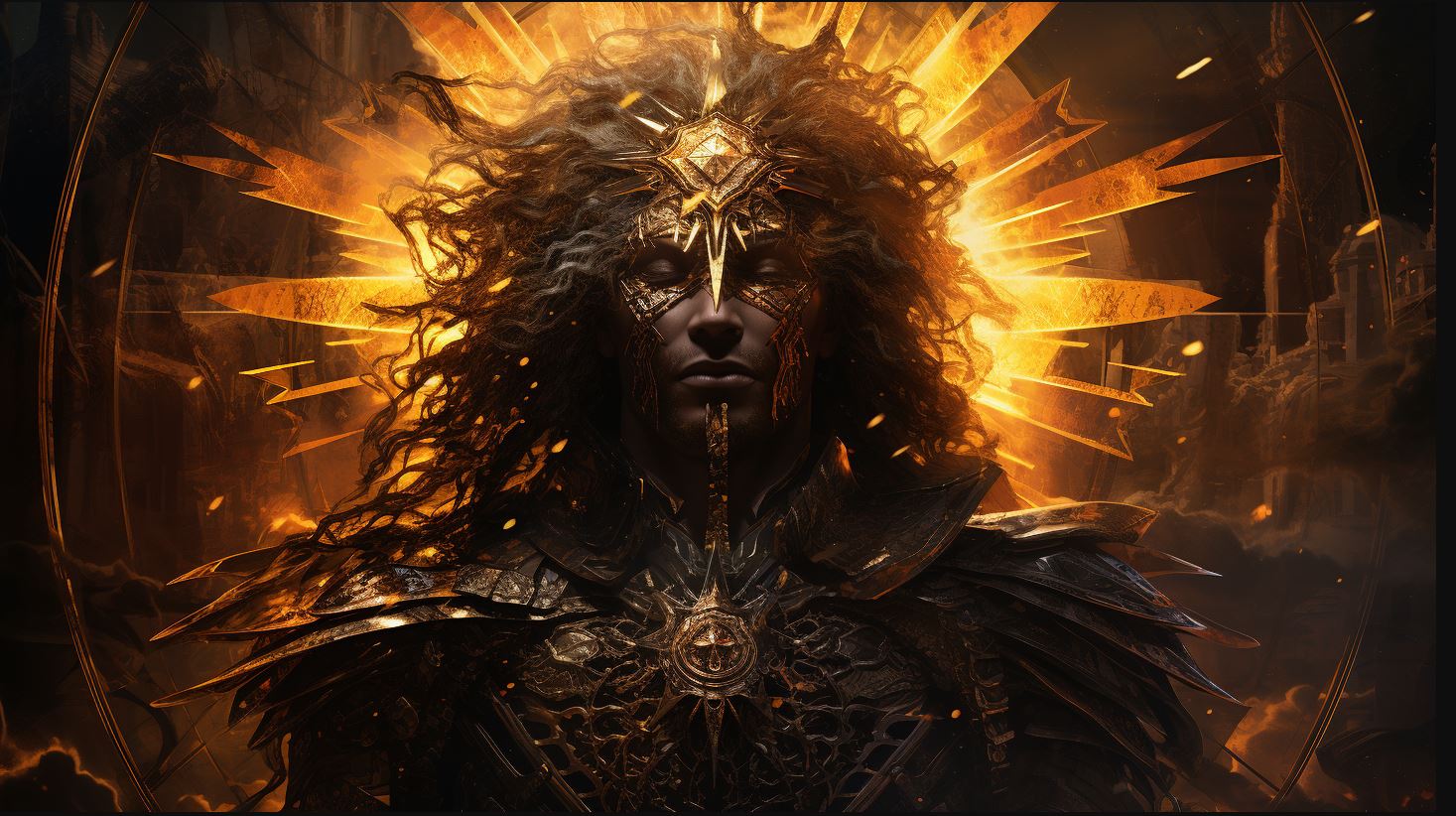
Azizos God is an ancient deity in Arab and Palmyrene mythology, often associated with the Morning Star. Worshiped alongside other Arabian gods like Monimos and Hesperos, Azizos holds a significant place in the history of cults and beliefs.
In Greco-Roman mythology, Azizos is identified as Ares and mentioned in the Hymn to King Helios. This article explores the background of Azizos God, his connections to other deities, and the influence of Greek and Roman cultures on his worship.
It also sheds light on Azizos God’s significance as a symbol of victory and association with the planet Mars in northern Arabia.
Overview of Azizos God
The ancient deity Azizos God holds a significant place in Arab and Palmyrene mythology, revered as the god of the Morning Star. This section provides an overview of Azizos God, delving into his background, worship, and connections with other Arabian deities.
Background of Azizos God in Ancient Arab and Palmyrene Mythology
In the realm of ancient Arab and Palmyrene mythologies, Azizos God emerges as a prominent figure. Represented as the god of the Morning Star, Azizos God’s origins can be traced back to this ancient belief system.
Exploring the roots and tales surrounding Azizos God sheds light on the cultural and religious significance associated with this deity.
Worship and Cults of Azizos God in History
The worship and cults dedicated to Azizos God have played a crucial role in shaping religious practices throughout history. This sub-section examines the various forms of worship and rituals performed in honor of Azizos God, encompassing the rich religious traditions intertwined with this deity.
The Relationship between Azizos God and Other Arabian Deities
Azizos God’s place within the pantheon of Arabian deities is explored, highlighting the intricate relationships and connections between Azizos God and other gods worshipped in ancient Arab mythology. Understanding these relationships provides valuable insights into the religious beliefs and practices of the time.
Azizos God in Different Mythological Contexts
The deity Azizos holds a significant place in various mythological contexts, showcasing his connections and influences across different cultures and belief systems. Let’s delve into these fascinating interconnections:
Azizos God in Greco-Roman Mythology and the Hymn to King Helios
In Greco-Roman mythology, Azizos is identified as Ares, a prominent god associated with warfare and courage.
Azizos is widely known as the god of the Morning Star in both Arabian and Palmyrene mythology.
This celestial association positions him as a significant heavenly figure, embodying the symbolic power and influence of the rising sun. It is enthralling to explore the myths and meanings associated with this crucial aspect of Azizos’ character.
Comparisons with Other Gods and Deities in Mesopotamian, Levantine, and Arabian Mythologies
- Azizos, similar to his brother Arsu, is often depicted riding a camel, signifying their connection to travel and nomadic cultures prevalent in the Mesopotamian region.
- Within Levantine mythologies, Azizos shares a divine bond with Monimos and Hesperos, both associated with the Morning Star and celestial realms.
- Moreover, Azizos’ character finds resonance in Arabian mythologies, where various names such as Merrikh, al-Muharriq, and ‘Imn are used to represent the god of Mars.
Exploring these cross-cultural connections sheds light on the rich tapestry of mythological beliefs and the ways Azizos retained his identity across ancient civilizations.
‘The Influence of Greek and Roman Cultures on the Worship of Azizos God’.
Azizos God in the Cults and Beliefs of Ancient Arab Regions
Azizos God, a significant deity in ancient Arab regions, held a prominent place in the cults and beliefs of various communities. Worship practices and beliefs surrounding Azizos God were deeply ingrained in the cultural fabric of these ancient societies.
This section delves into the veneration and attributes associated with Azizos God, the influence of Greek and Roman cultures on his worship, and his role as a symbol of victory and association with the planet Mars in northern Arabia.
The Veneration and Attributes of Azizos God in Hemesa and Beyond
Azizos God’s cult in the region of Hemesa, Syria, extended to other areas within and beyond the territories of ancient Arab regions. The inhabitants of Hemesa held Azizos God in high regard, worshiping him for his solar attributes.
The camel, in particular, held symbolic significance in relation to Azizos God, emphasizing his association with the desert and its crucial role in the lives of the ancient Arabian civilizations.
The Influence of Greek and Roman Cultures on the Worship of Azizos God
Azizos God’s cult also underwent helenization due to this cultural influence.
As a result, his worship and depiction were often assimilated with elements of Greek and Roman mythologies. This syncretism resulted in an amalgamation of beliefs, with Azizos God assuming characteristics and attributes similar to those of Greco-Roman deities.
Azizos God as a Symbol of Victory and the Planet Mars in Northern Arabia
In the context of northern Arabia, Azizos God held a specific association with victory in battle, making him a revered figure among warriors and military personnel. His name, meaning ‘The Strong,’ mirrored his role as a powerful and protective deity, particularly in times of conflict.
Furthermore, Azizos God became linked to the planet Mars, further solidifying his significance as a symbol of strength, courage, and martial prowess.
Overall, Azizos God’s presence in the ancient Arab regions left an indelible mark on the religious beliefs and practices of the communities.
From Hemesa to broader territories, his cult and worship evolved, incorporating influences from Greek and Roman cultures while maintaining his revered status as a symbol of victory and association with the planet Mars.
- The veneration of Azizos God in Hemesa and its surrounding regions
- The significance of the camel in relation to Azizos God’s attributes
- The influence of Greek and Roman cultures on his worship and depiction
- Azizos God’s association with victory in battle and the planet Mars in northern Arabia

